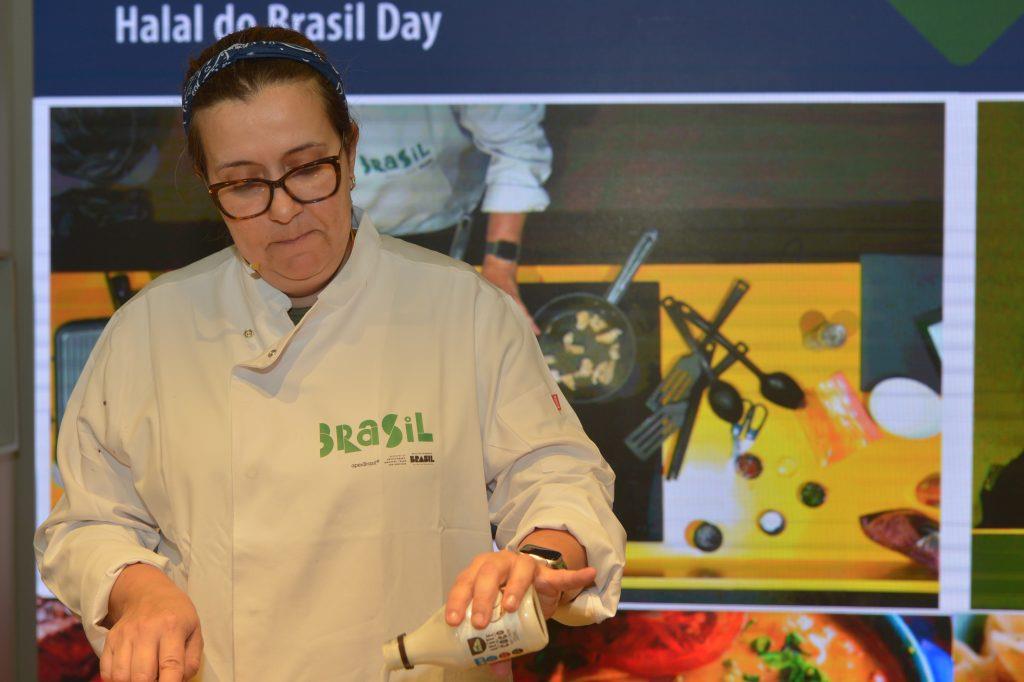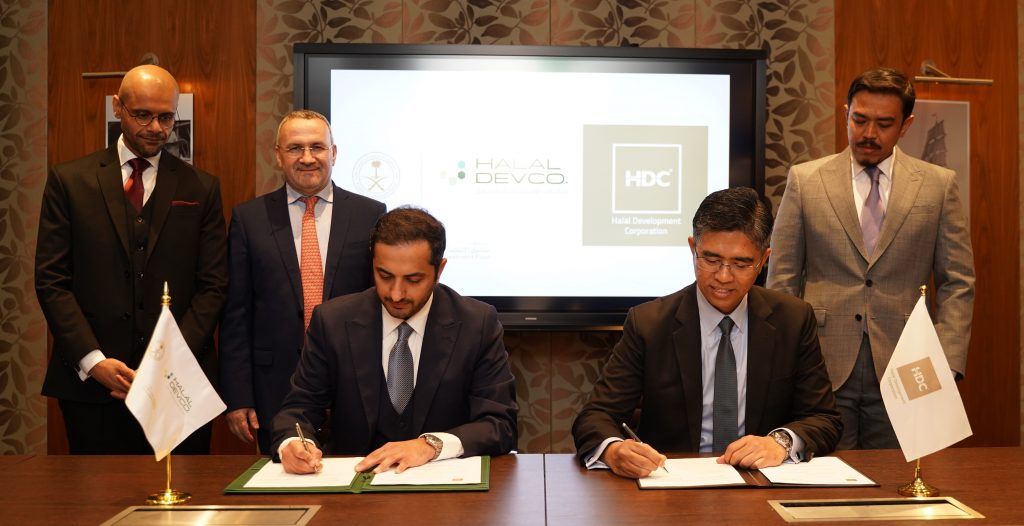KORONADAL CITY — Consumers in two key
cities in Central Mindanao have been organized in line with efforts to
promote halal food and non-food products in the region poising to lead
the country’s scientific halal certification process.
Nelly Nita N. Dillera, Department of Trade and Industry-Central
Mindanao business development division chief, said the agency organized
consumers groups in General Santos and this city to patronize and
promote halal products.
“A series of seminars have been conducted
in the region centering on halal certification, retail merchandising
and consumer advocacy,” she said.
She urged producers and processors in the region to have their
products certified as halal, citing its potentials in the domestic and
global markets.
The business opportunity of halal products is vast, with about six
to eight million Muslim consumers in the country and an estimated 1.5
billion to 1.8 billion Buslims spread in over 100 countries, Dillera
said.
The global halal trade is estimated at $200 billion to $350 billion annually, the Trade official added.
Halal products are considered permissible, after undergoing stringent processes, for consumption in the Islamic world.
Aside from targeting producers and consumer groups, the regional
Trade department encouraged retailers to set up halal corners as a
marketing strategy to attract halal consumers, Dillera said.
Initiatives to promote halal products in the region earned the
support of other regional government line agencies such as the
Department of Science and Technology, Department of Agriculture and the
Department of Tourism, among others.
Zenaida P. Laidan, DOST-Central Mindanao director, said the agency
targets to operate a P50 million laboratory here in the first quarter
of 2009 that will serve as the premier halal certification facility in
the country.
“We want to become the clearing house of all halal products going
out of the country to ensure their credibility with the foreign
buyers,” the Muslim scientist said.
Early this year, Laidan spearheaded the launching of the
“Philippine Science and Technology Program for the Development of the
Halal Industry.”
There are reportedly 50 halal certifying bodies in the country
today, but their credibility is under question particularly on the
technical aspect of ascertaining the halalness of the products.
Laidan said that food or non-food products cannot be considered
fully halal by religious rites alone, since there can be inputs given
to these animals that may have been contaminated with swine oil.
She added the laboratory once in operation will handle the
technical aspects of halal certification while the religious aspects
will be left to the ulama.
Laidan said the government-run halal laboratory is willing to certify products tested in private laboratories. (BSS)


